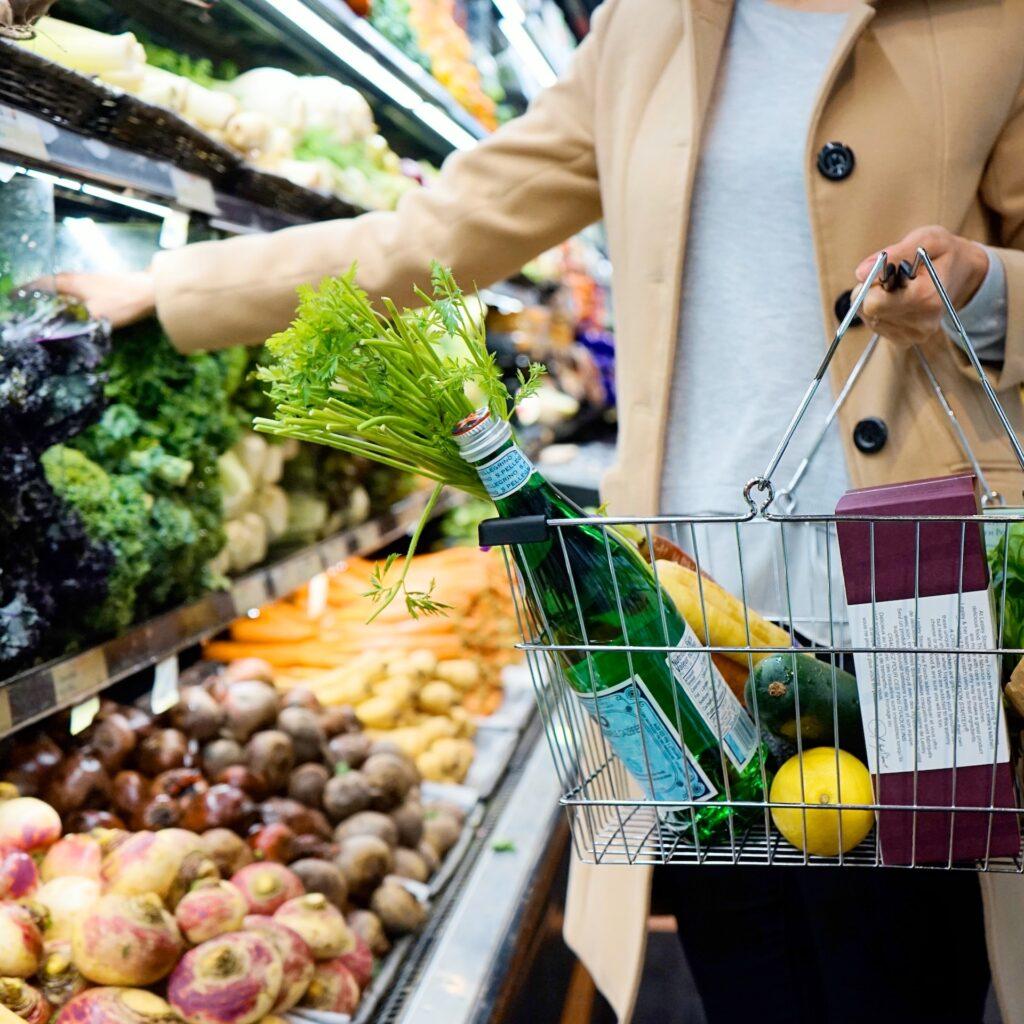One in two Germans save money on food
Amidst inflation, around 80 per cent of German citizens have changed their food shopping habits, a recent survey conducted by supermarket chain Tegut shows.

Most respondents are cutting spending on restaurants (74 per cent), holidays (56 per cent) or clothing (57 per cent) – closely followed by food (52 per cent).
Consumers now buy food mainly from cheaper shops (41 per cent) and less often (41 per cent). Currently, 78 per cent of respondents choose discounters as their primary shopping destination. One in three respondents spends on average €30-50 per week on food and one in four spends €70-100 per week.
The survey also shows that Germans buy less organic food (39 per cent), branded products (38 per cent), regional food (26 per cent) and fresh food (26 per cent). Only 26 per cent adhere to the same quality as before the price rise.
In Bavaria, a slighly brighter picture outlines – people here do not compromise on freshness and locality of food products.
Related news
ZEW: Economic expectations worsened in Germany and the euro area in February
🎧 Hallgasd a cikket: Lejátszás Szünet Folytatás Leállítás Nyelv: Auto…
Read more >Related news
Tourism Business Index: improving sentiment, but the sector remains in the red
🎧 Hallgasd a cikket: Lejátszás Szünet Folytatás Leállítás Nyelv: Auto…
Read more >Table reservations for National Restaurant Week start with unchanged prices
🎧 Hallgasd a cikket: Lejátszás Szünet Folytatás Leállítás Nyelv: Auto…
Read more >









